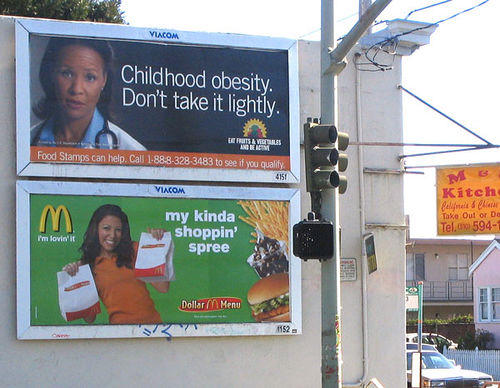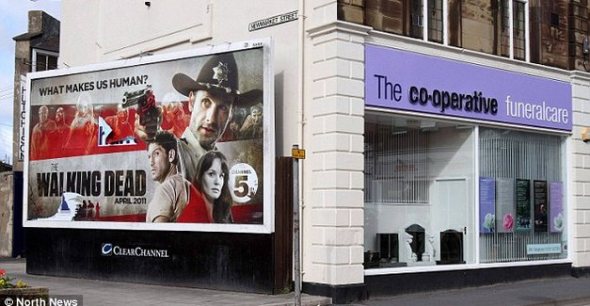When I first picked up my local paper last week and read the front page of the “Cities & Towns” section, my first thought was that the three finalists for Police Chief at UMASS/Amherst had to perform together playing tiny guitars.Not quite.I’d come my erroneous conclusion by connecting two completely unrelated pieces of information. Here are two other ironic examples:
As humans, we’re hardwired for meaning. Our open-looped brains are constantly on the hunt to make sense of our sensory input. We crave understanding. This desire for meaning and closure is so strong that even if we can’t find it, we’ll just go ahead make it up.
This search for meaning is a tip-off to aspiring leaders and communicators: context is more important than content.
You can have all the latest facts and figures, but if they’re not placed within an appropriate frame of meaning, your audience won’t get it. You can be the subject matter expert, but if you don’t give the big picture of why your subject matter is important, then your message gets diluted, if not lost altogether.
When working with executives, I often ask “How many of you like and appreciate it when others start their communication by giving the big picture up-front?”
Every hand in the room goes up.I follow up by asking “Raise your hand if you start all of your communication by giving the big picture first?”
Hardly any hands go up.Why is this?Some reasons that are often given:
-
It’s obvious to me, isn’t it obvious to them?
-
I don’t want to be redundant.
-
They’ll think I’m patronizing and talking down to them.
Yet, when you ask listeners if they mind hearing the why and hearing the big picture, they never complain of redundancy, even if they’ve already heard it before.
Context creates clarity. Clarity creates comfort. Comfort frees people up to fully engage and attend to you and your message.
Content without context creates confusion. Confusion creates concern. Concern sucks people into a vacuum of doubts, questions, and misinterpretations.
When people are in the vacuum, they can’t focus on you. They’re lost.
You’ve got good content; you’ve got important things to share. Why waste it? Make sure you’ve framed it in a way that allows your audience to receive it fully. Then, you’ll have the unbeatable combination of great content within the ideal context.
And no one will think the police chief needs to sing.
Where have you seen content get lost due to lack of proper context? Join the conversation by leaving a comment below.



